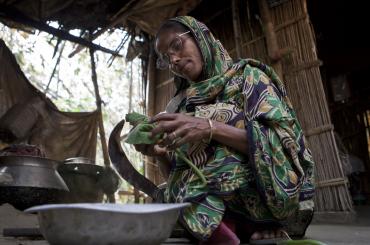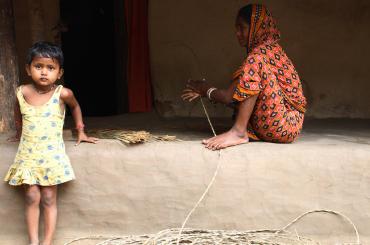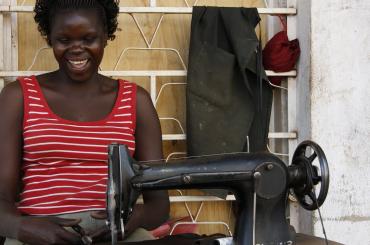
BRAC
-

Targeting the ultra-poor through the Graduation approach: Insights from BRAC
Since the 1990s, BRAC's targeting the ultra-poor approach has helped millions improve their standard of living. Why have ultra-poor targeting programmes been effective, and what is the future of these programmes?
-

Development Dialogues: Are vocational training programmes effective?
Have vocational training programmes in low- and middle-income countries been an effective development intervention?
-

Adaptation on the frontline of climate change
How are communities adapting to climate change? What can policymakers do to help them?
-

Long-term effects of the Targeting the Ultra Poor programme
Ten years later, households targeted by the programme consume more and earn more than control households and enjoy better mental and physical health
-

Is it time to rethink poverty policy?
New study offers perhaps the first empirical example of poverty traps and shows that one-off transfers can provide a sustainable route out of poverty
-

Solving sub-Saharan Africa’s demographic challenge: Matching firms and workers
Evidence from Uganda shows both vocational training and within-firm training help workers find better-paid jobs, but with crucial differences
-

The labour market impacts of soft skills certificates
Soft skills certificates improve the allocation of workers to jobs, and raise earnings conditional on employment
-

Reducing child mortality in the last mile: Experimental evidence on community health promoters in Uganda
An innovative community health programme providing financial incentives to health workers led to a 27% reduction in child mortality in rural Uganda